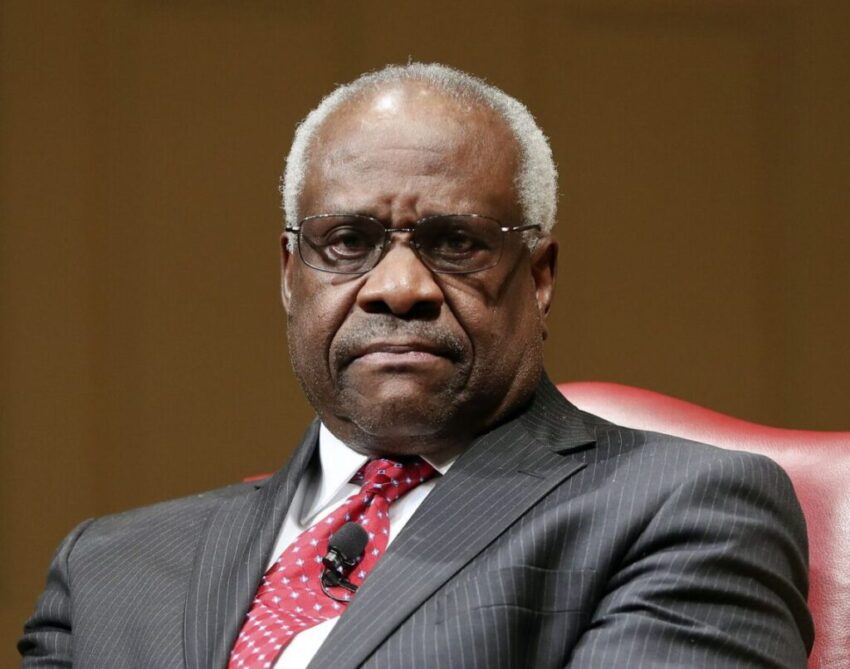The growing tendency of courts to defer to “expert consensus” when evaluating the constitutionality of laws enacted by democratically elected legislatures is drawing serious and timely criticism—most recently from Supreme Court Justice Clarence Thomas, whose concurring opinion in United States v. Skrmetti presents a sharp rebuke of the practice.
In that decision, the Court upheld Tennessee’s law prohibiting gender-transition procedures for minors, despite the Biden administration’s insistence that the law violated an “overwhelming medical consensus.” The administration argued that many major medical associations support childhood gender transition treatments. Justice Thomas rejected this argument forcefully and systematically.
His message was clear: in a democratic republic, experts do not govern—elected lawmakers do.
Justice Thomas laid out four key reasons why courts should not allow expert opinion to override the decisions of legislatures.
First, he affirmed that experts have no authority to overrule the logic, fairness, or wisdom of the legislature. Courts are not meant to be forums where unelected professionals override the democratic process. Legislatures may consult with experts, but they are not obligated to adopt expert conclusions—nor should courts force them to.
Second, Thomas pointed out that the claim of an “overwhelming medical consensus” in favor of childhood gender transition procedures is simply untrue. Internationally, countries that initially embraced such treatments have begun reversing course. Far from being settled, the science is rapidly evolving—and contested. Courts relying on selective “consensus” risk enshrining what may soon become outdated or discredited views.
Third, he explained that these matters often involve moral and ethical decisions, not purely scientific ones. The question of whether a child should have legal authority to consent to irreversible medical procedures is one of ethics. This is a realm where citizens, lawmakers, and voters—not just credentialed specialists—have an equal, and often superior, claim to judgment.
Fourth, he warned that expert pronouncements can be tainted by politics, weak evidence, and strategic interests. He cited a transgender health organization that altered its guidance to strengthen its position in litigation—even when internal review contradicted the public claims it made. Further revisions were made under pressure from the federal government, undermining the credibility of the so-called “consensus.”
These concerns are not hypothetical. Courts have already struck down state laws—such as Montana’s parental consent requirement for minors seeking abortions—by citing positions from groups like the American Medical Association and National Academies of Sciences. These associations are not cross-examined in courtrooms. They are not accountable to voters. And their views are often driven by funding, regulatory relationships, and political alliances.
The post SCOTUS Justice Opinion Stirs Debate appeared first on Patriot Newsfeed.
Click this link for the original source of this article.
Author: Mark Stevens
This content is courtesy of, and owned and copyrighted by, https://patriotnewsfeed.com and its author. This content is made available by use of the public RSS feed offered by the host site and is used for educational purposes only. If you are the author or represent the host site and would like this content removed now and in the future, please contact USSANews.com using the email address in the Contact page found in the website menu.








